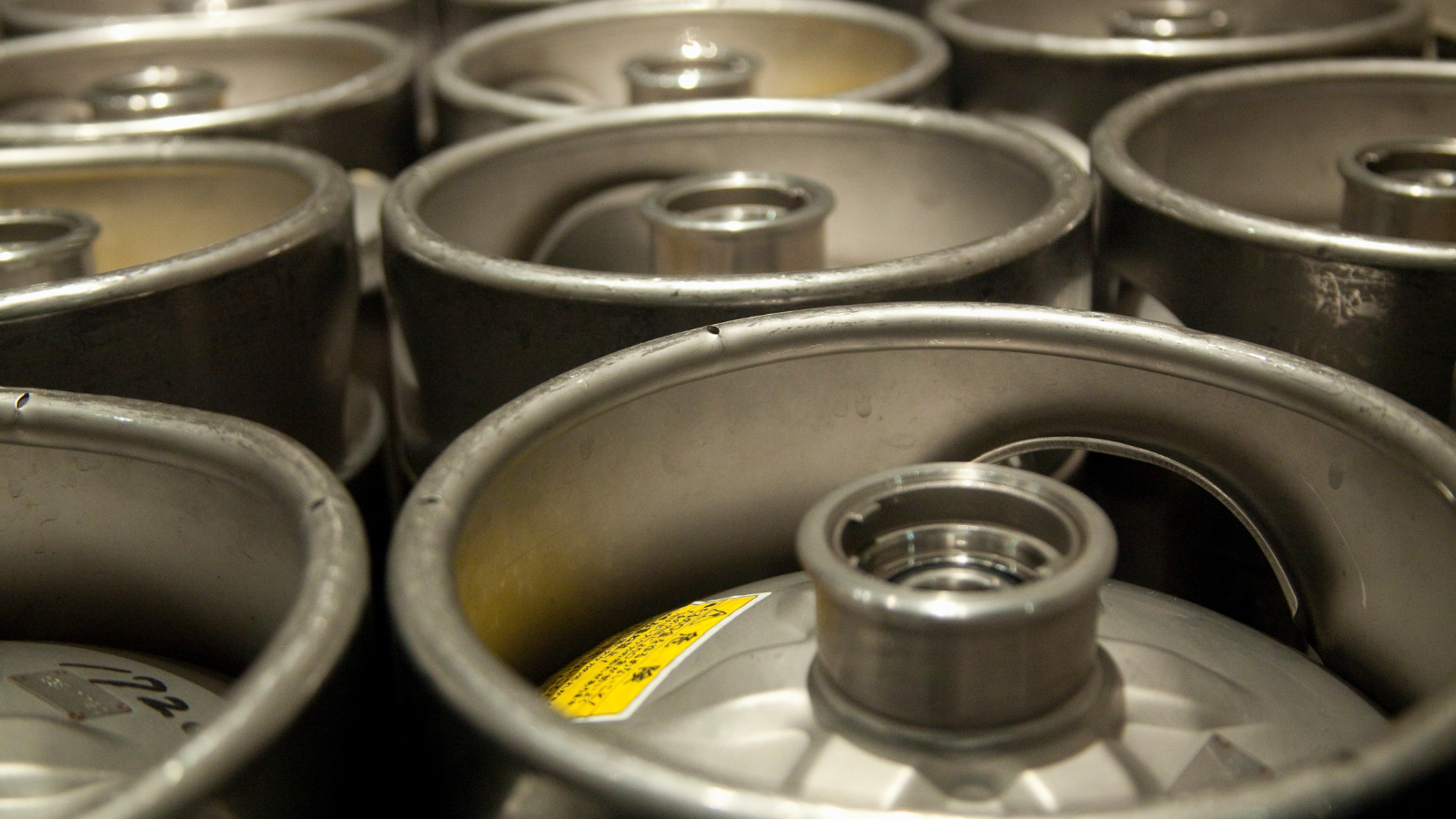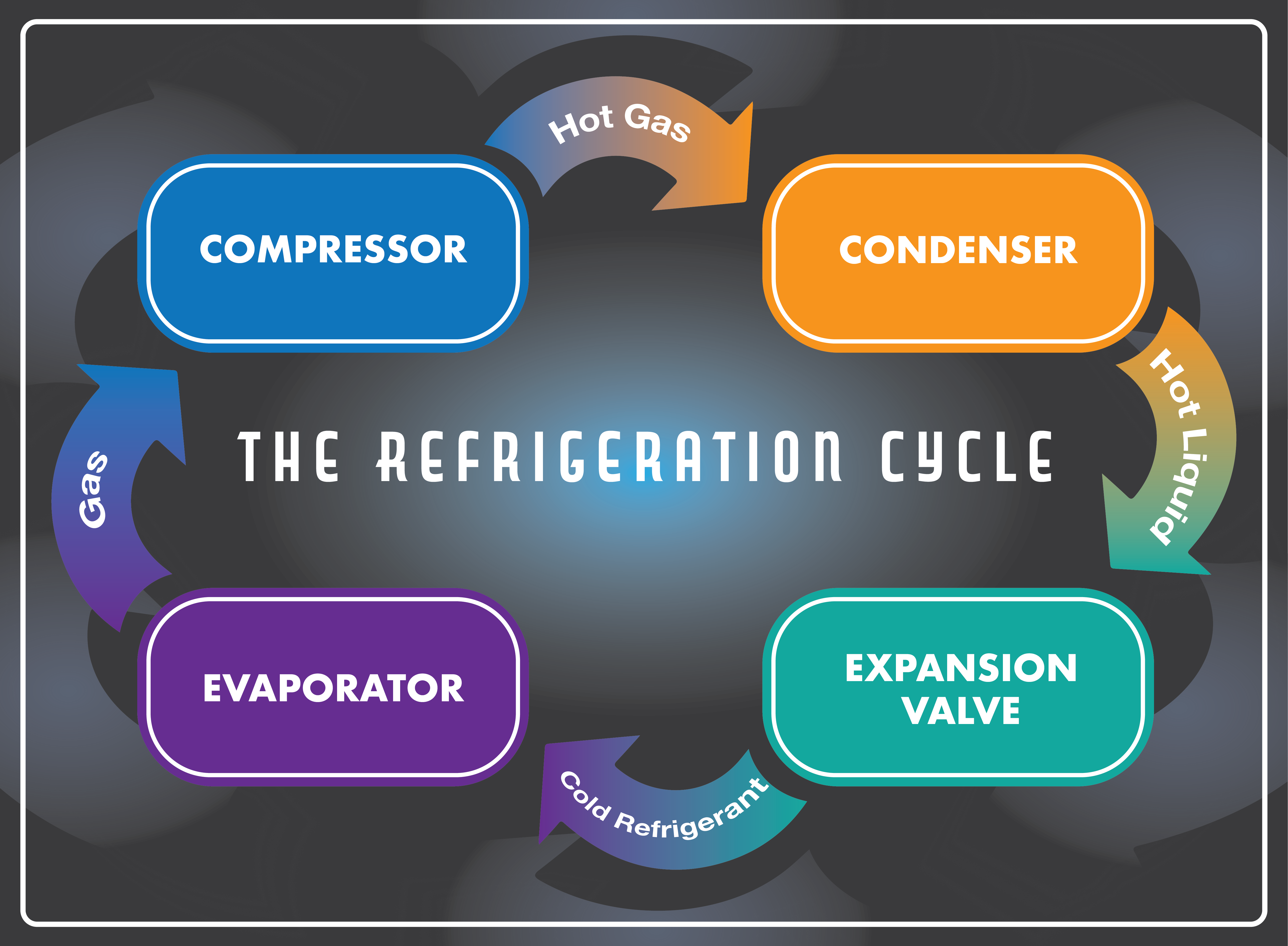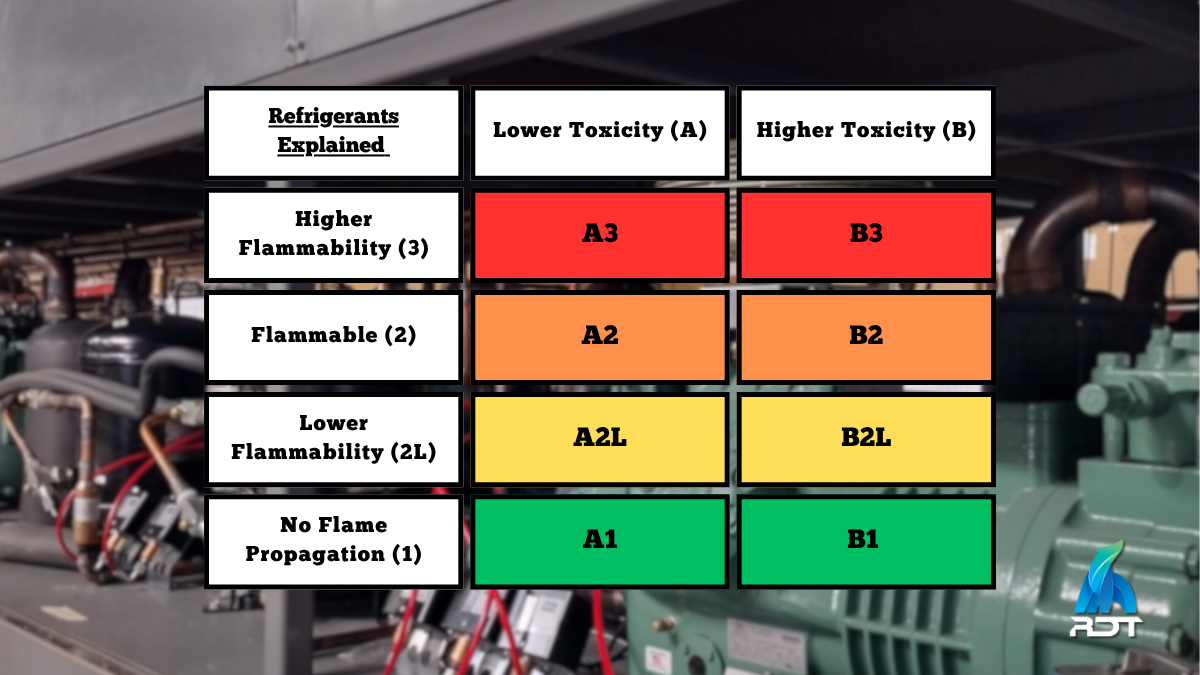2 min read
Whether a classic keg of suds or something more progressive like kegs of cold brew coffee or kombucha, kegged beverages can turn bad or create safety risks if not stored properly. Even though some operations will try to store kegs in a food...
Read More












